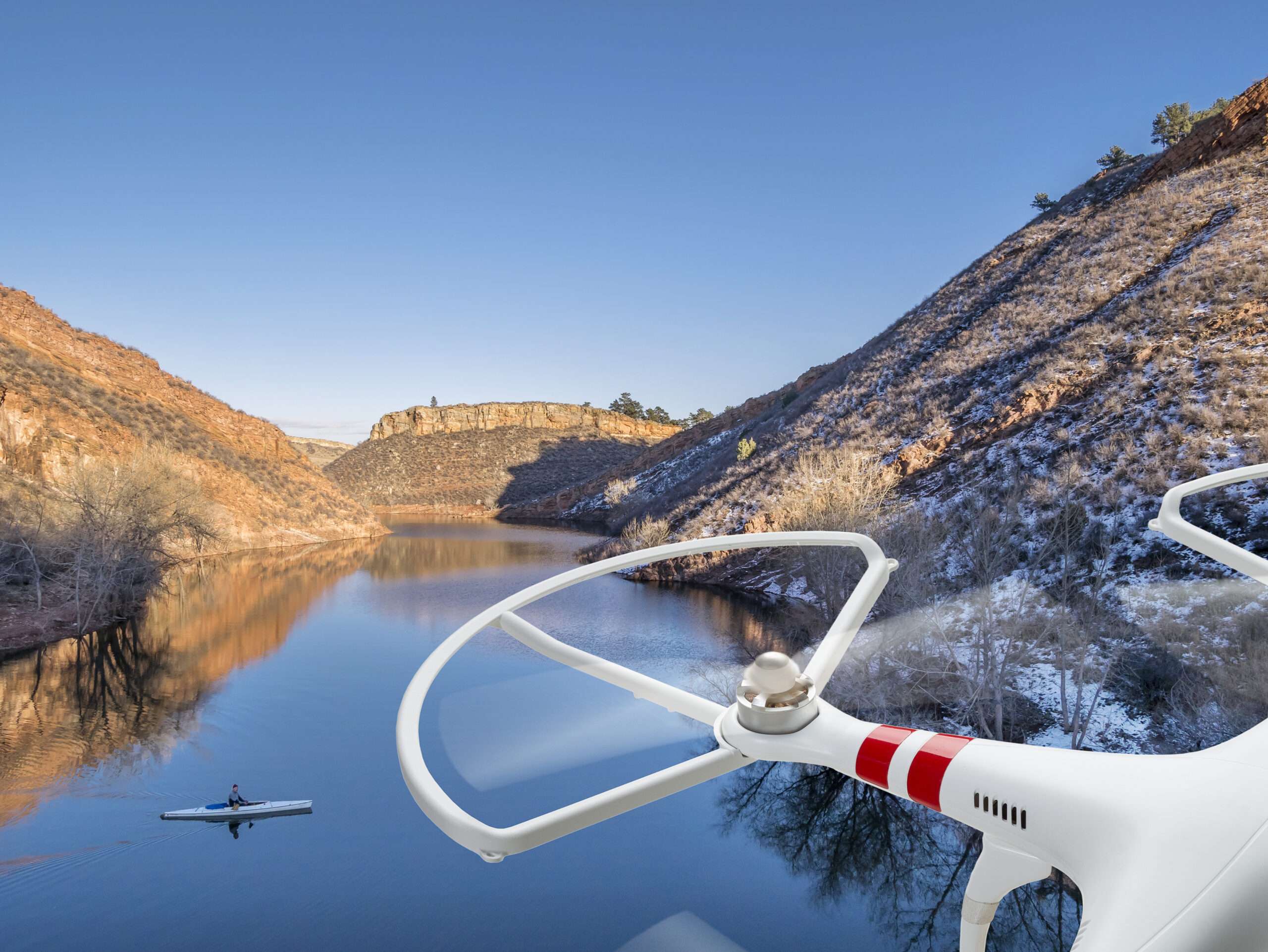Several Colorado police departments are considering dispatching drones to respond to certain 911 calls instead of sending an officer each time. While this proposal shows promise, it also raises concerns about privacy.
According to a report by Shelly Bradbury in The Denver Post, “A handful of local law enforcement agencies are considering using drones as first responders—that is, sending them in response to 911 calls—as police departments across Colorado continue to widely embrace the use of the remote-controlled flying machines.”
Bradbury quotes Arapahoe County Sheriff Jeremiah Gates stating, “This really is the future of law enforcement at some point, whether we like it or not.” She notes that while there are currently no official plans in place, “Gates envisions a world where a drone is dispatched to a call about a broken traffic light or a suspicious vehicle instead of a sheriff’s deputy, allowing actual deputies to prioritize more pressing calls for help.”
The Denver Police Department is also starting a program to use drones as first responders, purchasing several drones over the next year for this purpose.
Other Colorado law enforcement agencies with drone programs include the Colorado State Patrol, which has 24 drones, and the Commerce City Police Department, which has eight drones and 12 pilots for a city of around 62,000 people and plans to begin using them for 911 response within a year.
Some law enforcement agencies see using drones as a way to save money and reduce the number of calls an officer must respond to in person. One Commerce City police official mentioned that using drones is more cost-effective than deploying an officer.
While there are benefits to using drones for certain police tasks, such as reducing the risk of harm to civilians, it also raises privacy concerns. Laura Moraff, a staff attorney for the American Civil Liberties Union of Colorado, expressed worries about the potential over-policing of communities of color and the normalization of surveillance drones in the skies.
These concerns highlight the importance of protecting individuals’ Fourth Amendment rights. Recent court cases in Michigan and Alaska have addressed the issue of aerial surveillance without warrants, emphasizing the need to safeguard privacy rights in the face of advancing technology.






